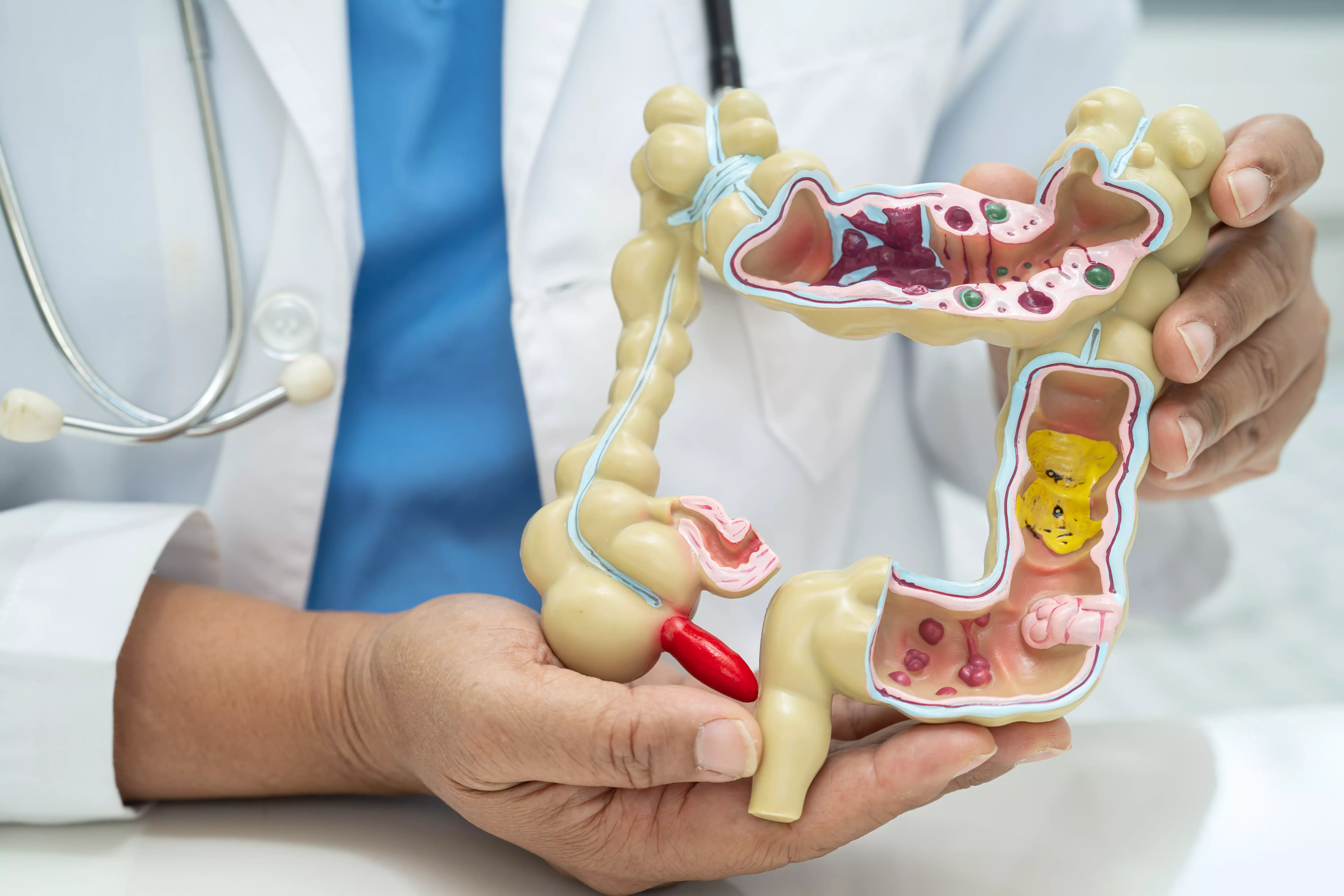Epidemiology of colorectal cancer in New York City
Epidemiology of colorectal cancer in New York City
Colorectal cancer is one of the most common cancers in the United States, and New York is no exception. In recent years, epidemiological data show an increase in the number of cases of this disease, which calls for both research and effective preventive measures to minimize the risk of the disease.
Incidence statistics
According to reports from the Centers for Disease Control and Prevention (CDC), colorectal cancer ranks third in terms of incidence among cancers in New York. More than 14,000 new cases were registered in 2020, an alarming increase compared to previous years. Moreover, the number of deaths from this cancer is equally alarming, amounting to about 5,000 per year.
Demographic differences in incidence are worth noting. People over the age of 50 are most at risk, and although the disease affects people of all ages, the increase in cases among younger populations is increasingly noticeable. Studies indicate that people born in the 1990s and later have a higher risk of developing colorectal cancer at a younger age.
Risk factors
A variety of risk factors contribute to the development of colorectal cancer in New York. These include genetics, lifestyle and diet. People who have a family history of colorectal cancer are at higher risk of developing the disease.
In addition to genetics, unhealthy eating habits, such as high consumption of red and processed meat, a low-fiber diet and low physical activity, are also significant risk factors. In addition, obesity and smoking significantly increase the risk of developing this cancer.

Prevention and screening
Prevention of colorectal cancer requires an integrated approach that includes both a healthy lifestyle and regular screening. It is recommended that people over the age of 50 undergo regular colonoscopies, which allow early detection of polyps before they develop into cancer.
In New York, local governments and health organizations are undertaking educational efforts to raise public awareness of colorectal cancer and the importance of screening. Programs targeting the community are aimed at encouraging healthy lifestyles and providing information about symptoms that may indicate a problem.
Support and treatment
In the event of a colorectal cancer diagnosis, it is critical that patients have access to appropriate psychological and medical support. There are a number of cancer centers in New York that offer comprehensive care, including advice on treatment, rehabilitation and support for patients' families.
Treatment options can include surgery, chemotherapy and targeted therapies, and the dosage and choice of appropriate method are individually tailored to the patient's needs. Post-treatment monitoring is also key, in order to detect any recurrence of the disease early.
Summary
Proper prevention and early detection of colorectal cancer are key to increasing the chances of successful treatment and improving patients' quality of life. In New York, where statistics related to the disease are alarming, action is needed on many levels - both through individual health decisions and community action.
Awareness of risk factors, the importance of screening and the availability of support is essential. This is the only way to minimize the impact of colorectal cancer on the local community and improve the health situation of New Yorkers.
